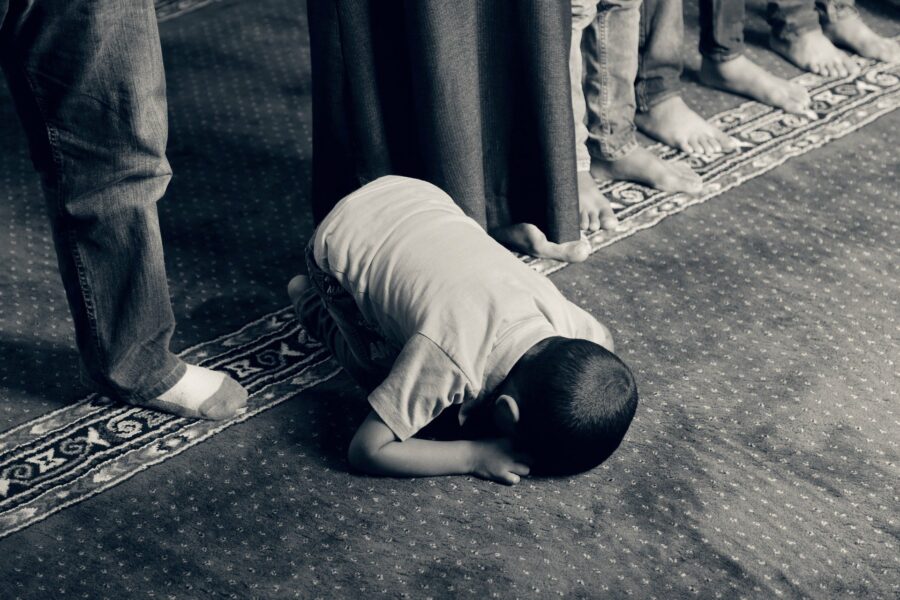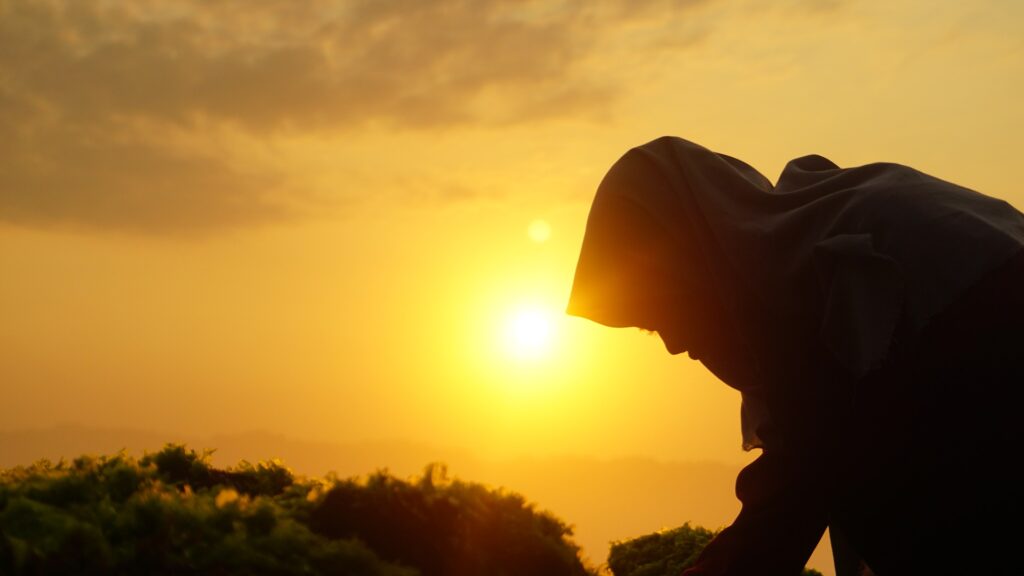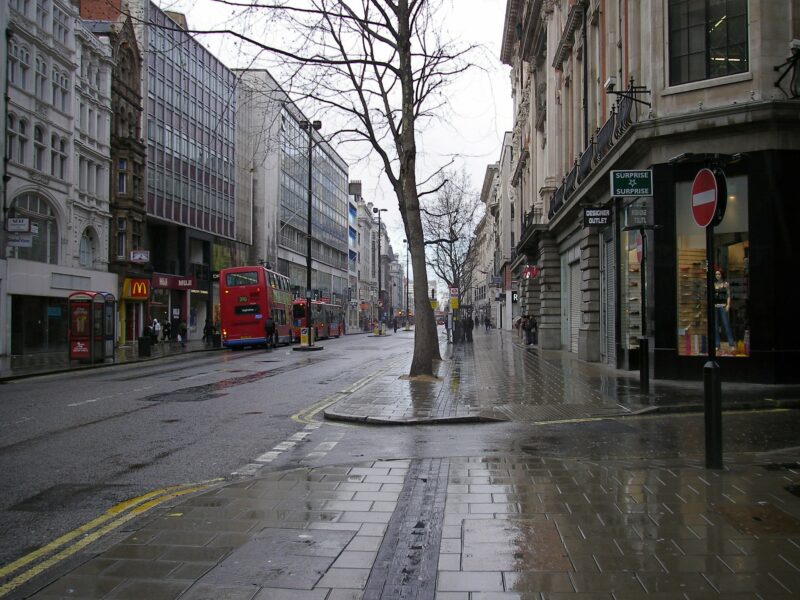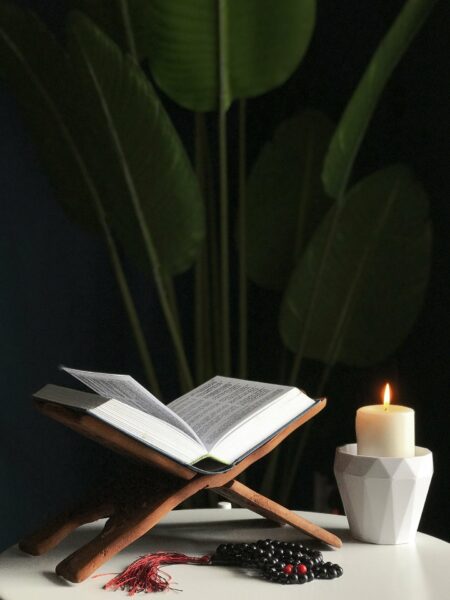Simple but Special Acts to Perform in Dhul Hijjah
In the hustle and bustle of life, we barely have a moment to ponder. But when we do, we may find ourselves dwelling on our spiritual journey. We’ve all been there, performing our obligatory prayers and routine Adhkhar, but still feeling disconnected. It may have been a while since we sat, head bowed, fully mindful and present. We may not have felt that deep connection since the last ten days of Ramadhan, where we made an extra effort to reap those blessings.
But as believers, despite our shortcomings, we have been gifted an opportunity to rejuvenate and connect once more. To call unto Him, seeking His Immense forgiveness and guidance. This opportunity is Dhul Hijjah. The sacred month in which we are blessed with the very best ten days of the entire year; days often overlooked, but, in fact, greater in virtue than those of Ramadhan. We may only remember these sacred days, as a time reserved for believers to perform the mandatory pilgrimage. However, even though few of us will be setting off for Hajj, we can still instill the sanctity of these days within our own homes and hearts.
“These ten days are better than all the other days of the year, with no exceptions, not even the last ten days of Ramadhan.” (Ibn Kathir)
Previously, we provided 10 ways in which you can make it your best Dhul Hijjah. and a downloadable checklist to help keep track of your good deeds. But this year, we wanted to do something a little different. so we’ve prepared 10 Deeds for 10 Days: Special acts to build into your day to make the most of Dhul Hijjah.
1. Prayer in congregation
When the mosques were closed, we longed to pray in congregation once again. When they re-opened, we rushed to be the among the first to pray, but as weeks passed, the longing may have worn off. We grew accustomed to having our mosques open and may have begun to take that blessing for granted once more. However, during Dhul Hijjah, we should aim to revive the yearning to pray in congregation, and maximise our rewards when praying our obligatory prayers.
“Prayer in congregation is superior to praying individually twenty-seven times.” (Al-Bukhari and Muslim)

Few of us will be able to spend the entire night in worship during the best ten days, with work, academic or family commitments. Yet we’ve been gifted with an opportunity to attain the rewards nonetheless, as if we had.
The Prophet (saw) said: “He who observed the `Ishaa’ prayer in congregation, it was as if he prayed up half the night, and he who prayed fajr in congregation, it was as if he prayed the whole night.” (Muslim)
Although we may long to be among those who are performing Hajj this year, we are unable to join them. However, we can still earn the reward as though we were there, performing the holy pilgrimage; an opportunity too great to miss!
The Prophet (saw) said. “If anyone leaves his home after performing ablution for the prescribed prayer in congregation (in the mosque), his reward will be like that of one who goes for Hajj after wearing (the clothes of) ihram. And he who goes out for the forenoon (Duha) prayer, and takes the trouble solely for this purpose, will have the reward like that of a person who performs ʿUmrah. And a prayer followed by a prayer with no worldly talk during the gap between them will be recorded in ʿIlliyyūn.” (Abu Dawud)
2. Salatul Duha
Salatul Duha is an optional prayer, prayed between sunrise and Dhuhr. It is the prayer that the Prophet (saw) also described as that of the “oft repentant” (Salat Awwabeen) and something that he (saw) never failed to perform,There are many virtues and rewards for offering this optional prayer and we should aim to incorporate into our lives; especially during the best ten days where we aim to maximise our rewards.
The Prophet (saw) “Whoever regularly prays the two rakʿahs of Duha, his sins are forgiven even if they are like [the vastness of] the foam of the sea.” (at-Tirmidhi)
The Prophet (saw) told us that “In the morning, charity is due from every bone in the body of every one of you. but that “one way he (saw) indicated to us that shares two rak`ahs which one prays in the forenoon will suffic..” will suffice to attain such an immense reward.
In another narration, the reward promised is a palace of gold in Paradise:
“Whoever prays twelve rakʿahs of Duha, Allah will build for him a palace of gold in Paradise.”
3. Remembering Allah from Fajr until sunrise
As humans, we are prone to err; although we make mistakes, those closest to us will overlook them, due to their love for us. However, if we continue to make the same mistakes over and over, they too will become frustrated with us.
Yet, Allah (swt) will never tire of us calling out to Him begging for forgiveness. No matter how much you have strayed or sinned, you can always turn back to Him. A great opportunity to ask for forgiveness, and to remember Him is between Fajr and sunrise.

The Prophet (saw) “If anyone sits in his place of prayer when he finishes the dawn prayer till he prays the two rakʿahs of the forenoon prayer, saying nothing but what is good, his sins will be forgiven even if they are more than the foam of the sea.” (Abu Dawud)
4. One Third of the Qur’an
You may not read the Qur’an as much as you would like to, therefore missing out on the reward you get. However, if you were told that if you read one short surah, it is equivalent to reading one-third of the Quran, and therefore if you read it 3 times the equivalent of reciting the whole Quran would you pass such an opportunity by? You could do it whilst walking, on the go, on a break or even during a car journey.
The Prophet (saw) said to his Companions: ‘Could any one of you not recite one third of the Qur’an in one night?’ They found the idea too difficult and said: ‘Who among us could do that, O Messenger of Allah?’ He said, ‘Qul Huwa Allahu’l-ahad, Allahu al- samad [i.e., Surat al-Ikhlas] is one third of the Qur’an.’” (Bukhari)
Nearly every Muslim will have memorised this surah and so can easily attain its immeasurable rewards. In addition to being one-third of the Qur’an, the Prophet (saw) said encouraged us, saying: “Whoever recites Qul huwa Allahu ahad ten times, Allah will build for him a house in Paradise.” (at-Tabarani)
5. Who wants to be a millionaire?
Whilst you the scour the shops for that special Eid outfit, and presents, you could be earning a million. Does it sound too good to be true? Well it isn’t.
The Prophet (saw) said: “Whoever enters a marketplace and says:
‘Laa ilaaha ill Allah wahdahu laa shareeka lah, lahul mulku wa lahul Hamdu yuhyi wa yumeetu wa huwa Hayyun laa yamoot, bi yadihil khayr, wahuwa `alaa kulli shay’in qadeer’
[There is nothing worthy of worship but Allah, He is alone without partner, to Him belongs dominion and praise, he causes life and death and He is the Living and does not die. In His Hand is all the good, and He is over all things competent.]
Allah will write for him a million good deeds, erase a million of his bad deeds and raise him a million levels.” (at-Tirmidhi)
So during these blessed ten days, if you’re out looking for those last minute gifts, or picking up ingredients for iftar, then don’t forget to read the Dua to become a millionaire!
6. Remove harm
When you are outside, you may see branches or rubbish in your way. You may walk around it, to avoid getting hurt or you may brush it aside to avoid others getting hurt. You wouldn’t give this act much thought, and continue with your day.

However, this act was a game changer for one man. It was this very act that enabled him to enter paradise.
“A man never did a good deed but removed a thorny branch from the road; it was either in a tree and he cut and threw it away, or it was lying in it and he removed it. Allah appreciated this deed of his and, therefore, brought him into Paradise.” (Abu Dawud)
If a simple act like this can be a means of entry to paradise, we should try out utmost to remove any branches or obstacles you see in your pathway, with the sincerity that it may be our entry into Paradise. It is also seen as an act of Sadaqah. If this is the reward for removing something that physically harms people, then reflect on the rewards for those who strive to remove emotional harm or reconcile between people in such days.
7. Get the reward of fasting, without fasting
Fasting is encouraged during Dhul Hijjah, especially on the day of Arafah. However, the beauty of Islam is such, that if you provide food for the fasting, be it your family, your friends or neighbours, you will be rewarded the same as the fasting person.

“Whoever provides food for breaking of the fast of a fasting person receives the reward of the fasting person, without the reward of the fasting person being reduced in any way.” (at-Tirmidhi and Ibn Majah)
If your neighbours are non-Muslim you can also share your iftar with them. This enables you to showcase the beauty of Islam, and the teaching within Islam which reminds us of the importance of our neighbours.
The Prophet (saw) said, “He is not a believer whose stomach is filled while the neighbour to his side goes hungry.” (Sunan- Al Kubra)
8. Four phrases greater than hours of Ibadah
In the morning, you may not be able to fit in as much Ibadah as you would like. However, we have been gifted four phrases which are would take seconds to recite, yet are equivalent to hours of Ibadah. The best ten days would be a great opportunity to implement this in our morning routine, and then continue once the days have passed, to continue earning the rewards

The Prophet’s (saw) wife Juwairiyah bint Al-Harith (ra) reported that, “The Prophet came out from my apartment in the morning as I was busy in performing the dawn prayer. He came back in the forenoon and found me sitting there. The Prophet said:
“Are you still in the same position as I left you.” I replied in the affirmative.
Thereupon the Prophet (saw): “I recited four phrases three times after I had left you. If these are to be weighed against all you have recited since morning, these will be heavier.
These are: ‘Subhan-Allah Wa bihamdihi, ‘adada khalqihi, wa rida-a nafsihi, wa zinatah ‘arshihi, wa midada kalimatihi’
[Allah is free from imperfection and I begin with His praise, as many times as the number of His creatures, in accordance with His Good Pleasure, equal to the ink that may be used in recording the words (for His Praise]” [Muslim]
9. Three phrases that make Paradise obligatory
Entry into paradise is what we strive hard towards every day of our lives. During the blessed ten days, incorporate three phrases in your morning and evening adhkhar that make Paradise obligatory.
The Prophet (saw) said “Whoever says ‘Radeetu billahi rabban, Wa bil-Islaami deenan, Wa bi-Muhammadin Nabiyan’ Jannah becomes obligatory for him (to enter). (Abu-Dawud)
If you are unable to remember all your morning and evening adhkar or have time to complete it, then it would be beneficial to at least incorporate these three short phrases as they hold great weight, and a great reward.
10. Tahiyyatul Wudhu
In the best ten days, we pray earnestly to have our sins forgiven. Although we may not be able to be on the plains of Arafah, we can still have our sins forgiven from the comfort of our very own homes.
‘If anyone performs ablution like that of mine and offers a two-rak’at prayer during which he does not think of anything else (not related to the present prayer) then his past sins will be forgiven.’ (Bukhari)
It is also an act which was encouraged by the Prophet (saw) to Bilal RA, when he asked what act he had performed to earn him Paradise:
“Tell me about the most hopeful act (i.e., one which you deem the most rewarding with Allah) you have done since your acceptance of Islam because I heard the sound of the steps of your shoes in front of me in Jannah.” Bilal (ra) said: “I do not consider any act more hopeful than that whenever I make Wudu’ (or took a bath) in an hour of night or day, I would immediately perform Salah for as long as was destined for me to perform.” (Bukhari and Muslim)